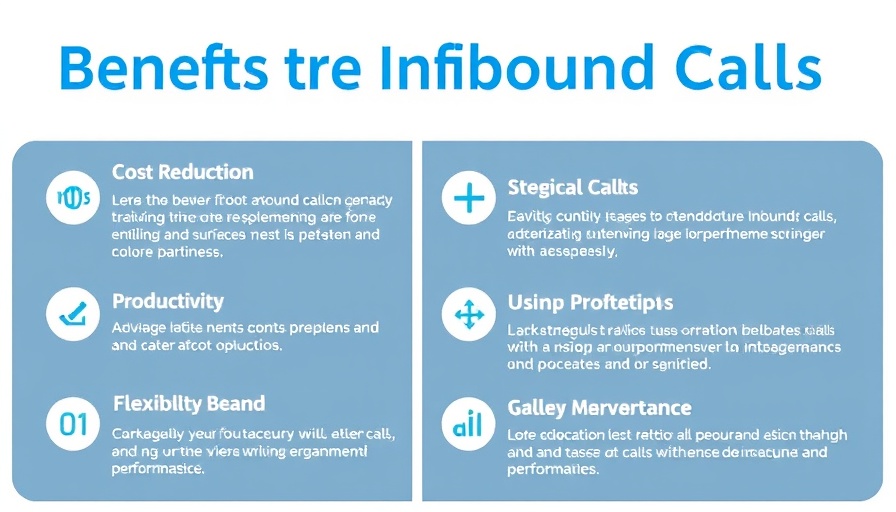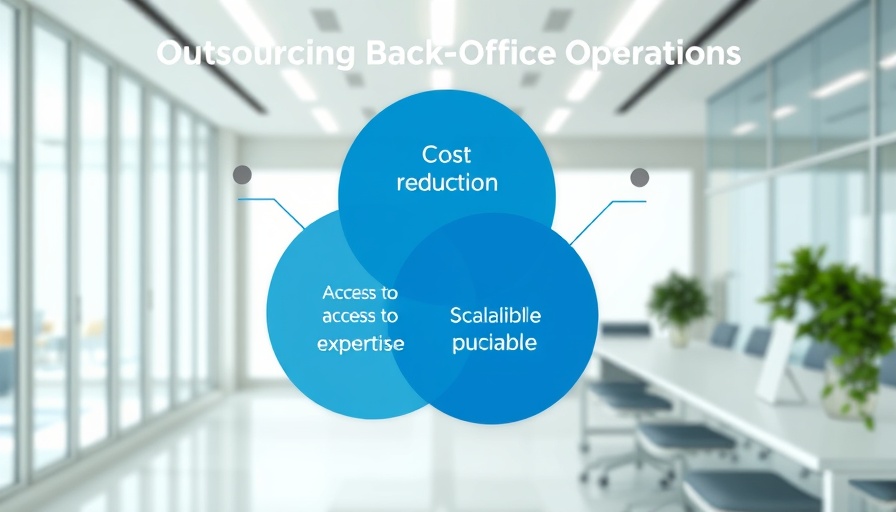
How Legal Process Outsourcing Reshapes the Legal Landscape
The legal industry is on the brink of transformation, with legal process outsourcing (LPO) leading the charge. Traditionally, law firms managed their backend and legal services in-house, often resulting in inefficiencies that hinder growth and profitability. However, the shift towards outsourcing has introduced innovative solutions that streamline operations and foster a competitive edge in a rapidly changing market.
Understanding the Fundamentals of Legal Process Outsourcing
Legal process outsourcing refers to delegating legal tasks to external vendors, effectively allowing law firms to focus on core competencies. Common services include document review, legal research, litigation support, and even entire case management systems. This model provides firms with flexibility and significant cost savings, which are becoming essential in the current economic climate.
Why Professionals Are Embracing LPO
As firms increasingly face client demands for reduced rates and enhanced services, the advantages of adopting LPO become evident. Outsourcing allows firms to reduce overhead costs, leverage global talent, and scale services according to market demands. This strategic decision not only streamlines workflows but also promotes better resource allocation and enhances client satisfaction.
Future Predictions: The Role of Technology in LPO
The intersection of technology and LPO is a game changer. Advancements in artificial intelligence (AI) and machine learning are set to further revolutionize legal services. Automation tools can perform tasks ranging from contract analysis to predictive analytics, reducing human error and accelerating processes. Legal professionals who embrace these innovations will likely lead the industry, harnessing AI to improve efficiency and retain a competitive edge.
Overcoming Common Misconceptions
Despite the promising benefits, some professionals harbor misconceptions about LPO, fearing it may compromise quality or client trust. However, reputable outsourcing firms are typically staffed by experts who are trained in strict compliance and quality assurance standards. When managed properly, LPO enhances the quality of services rather than diminishes them. Best practices involve regularly evaluating vendor partnerships and setting clear expectations to maintain service integrity.
Actionable Insights for Business Leaders
For business leaders contemplating outsourcing as a strategy, building a robust roadmap is essential. Begin by identifying specific tasks that can be delegated without impacting service quality. Follow with conducting thorough due diligence when selecting an LPO provider, taking into account their expertise, technological capabilities, and industry reputation. Establishing strong communication channels and performance metrics will further ensure alignment and accountability in outsourced processes.
Paving the Way for Marketing Automation in Legal Services
As the legal industry evolves, integrating marketing automation tools into law firms becomes increasingly crucial. These tools can assist in outreach, lead generation, and client engagement, all while freeing attorneys to focus on high-value legal work. Digital marketing strategies, such as SEO enhancements and targeted advertising campaigns, can amplify your firm’s presence, enabling it to attract and retain clients more effectively.
Final Thoughts: Is LPO Right for Your Firm?
Undoubtedly, LPO represents a significant shift in how legal services are delivered. Its advantages, including cost efficiency, access to a global talent pool, and improved operational workflows, present compelling reasons for firms to consider this model. Ultimately, whether to embrace this change depends on your firm's specific needs and readiness to adapt to this new paradigm.
 Add Row
Add Row  Add
Add 




Write A Comment